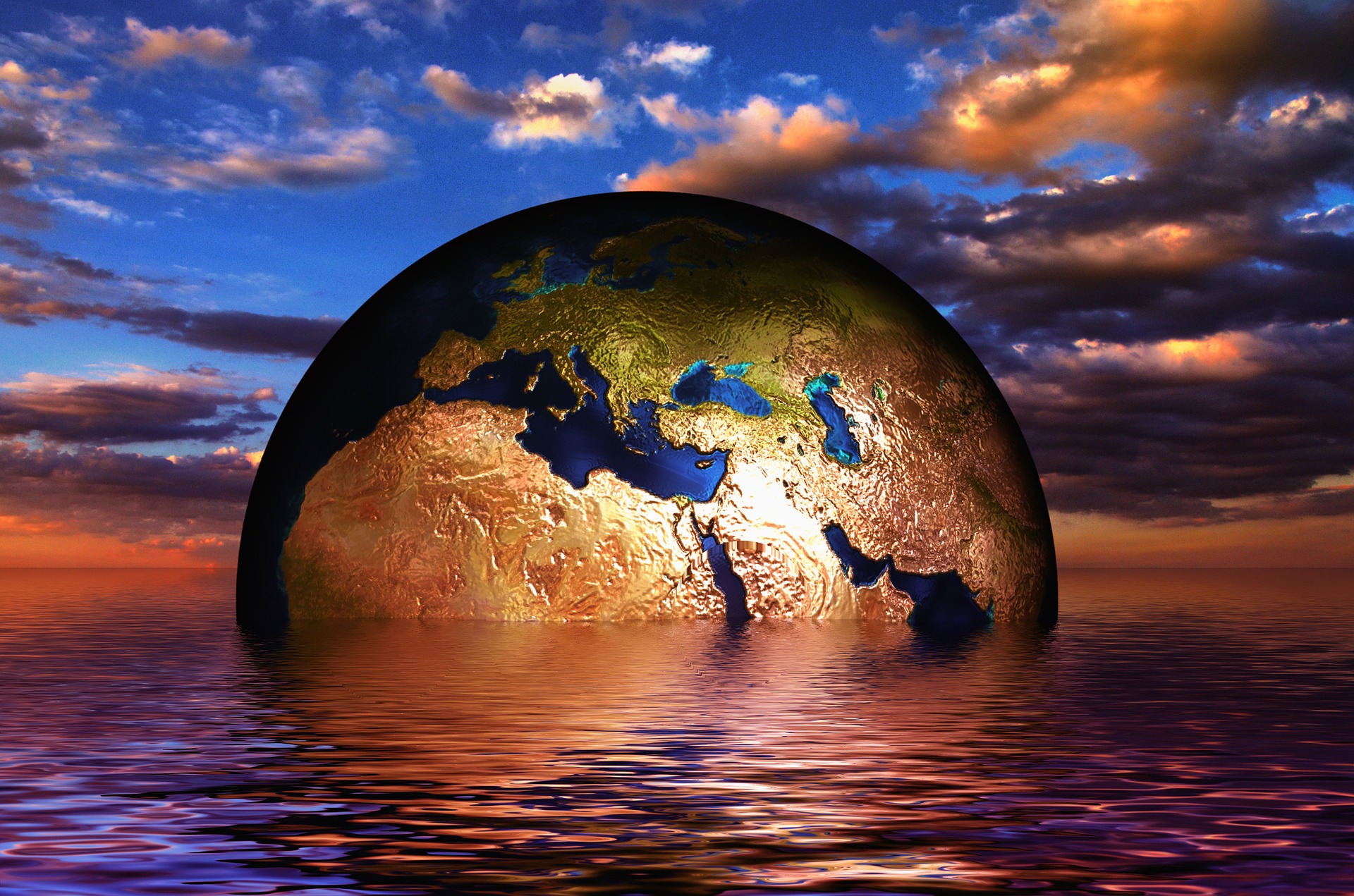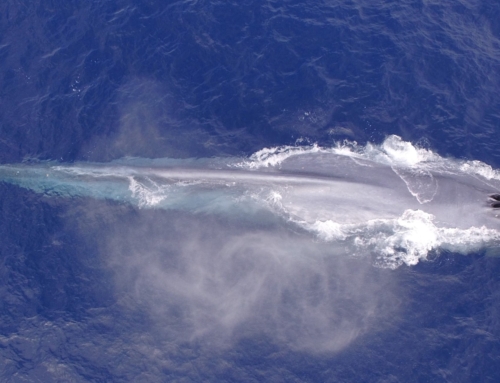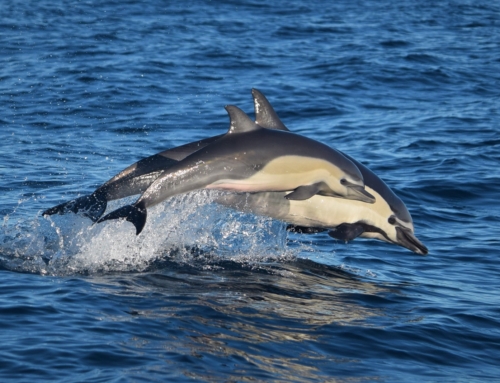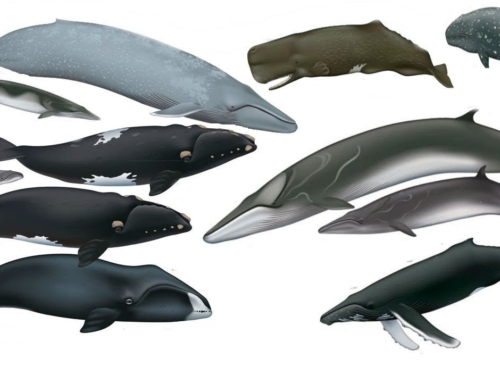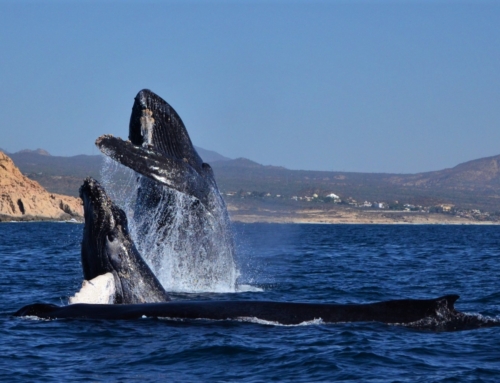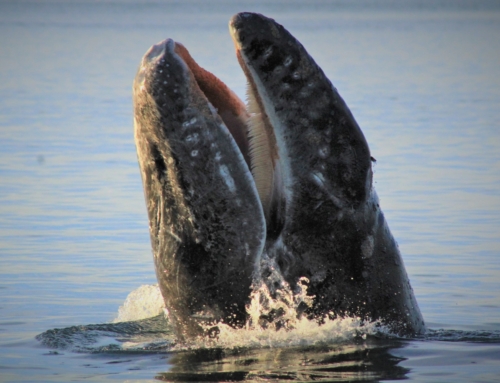The planet is changing, a Climate Crisis is wreaking havoc in many of Earth’s biomes and habitats. The Ocean is the front-line of the battle to stop it.
It is now beyond doubt, we are experiencing changes in the Earth’s climate that are unprecedented in modern human history. Since the dawn of the Holocene geological epoch, approximately 11 700 years ago, the global climate has been relatively stable. This may be just the blink of an eye in geological timescales but it also happens to encompass the entirety of recorded human history. This has made it virtually impossible for us to imagine a world different from the one we know, until now. Although the Science has been warning us for decades that a climate crisis was on the horizon, it was always likely that a dose of reality would be the thing to wake us up. Now, harsh truths seem to arrive every day.
Nowhere is this more apparent than in the Ocean. It is the largest piece of the global climate puzzle, the most likely place of origin for life on Earth, the greatest supporter of biodiversity & biomass and the real lungs of our planet. It is also the place absorbing the majority of the heat we produce and receiving most of the materials we discard. We used to think it was too vast to be affected by the whims of humanity. We now know that we are changing its chemical composition and are on course to ensure that it will contain a higher mass of plastic than marine life by 2050. If the Ocean fails, so do we.
This is our Climate Crisis!
The majority of our species now acknowledges that we are the source of the crisis that is upon us. The evidence is clear, our fingerprints are all over the crime scene. One major point of contention for so called ‘climate deniers’ is that Earth has undergone many changes in climate, some far more extreme than the one we are currently experiencing. While this may be true, multitudinous studies have produced undeniable evidence that the current rise in global temperature is attributable to human activity. Just as previous changes can be attributed to factors present at the time, so can this one. In fact, humanity has had such a large impact on the planet that many scientists now agree we are entering a new geological epoch. Gone is the Holocene, welcome to the Anthropocene. The root ‘Anthrop’ was the ancient Greek word for human (think Anthropology, Anthropomorphic & Anthropoid).
For those who doubt that the fossil record and mineral deposits will reflect the rise of humanity, consider the following facts. The Ocean now contains between 80-90% less biomass than it did two centuries ago. We kill around 2.7 trillion wild fish and billions of other marine lifeforms every year. Domestic animals now outnumber their wild counterparts. We discard the bones of around 100 billion domestic animals per year, most of which are chickens. Around 72% of terrestrial surface area is used by humanity. Globally, we cut down 18.7 million acres of forest each year, that’s 27 Football pitches a minute. One estimate puts the weight of all the ‘stuff’ ever produced by humans at over 30 trillion tons. A large percentage of that ‘stuff’ is long lasting, toxic or both (take for example the nearly 10 billions tons of plastic we have produced).

A dolphin that has become one of
the billions of annual victims of
by-catch.
(image by Brian Raymond)
One Planet
The word Biosphere refers to “the regions of the surface, atmosphere, and hydrosphere of the earth occupied by living organisms.” This includes millions of species, trillions of individual beings and almost all available space on our planet. There is only one Biosphere, meaning all life is interlinked in a mind-numbing web of complexity. Damage to one part of the system normally leads to unexpected consequences in another. Some call this Chaos Theory, others the Butterfly Effect, scientists call it a feedback loop. We have only recently realized the existential threat that these phenomena present.
Why we must look to Sea
One of the most famous and easy to understand examples is that of ice-albedo feedback. Essentially, it comes down to the fact that ice reflects light while water absorbs it. Each year, as greater areas of the Polar and Antarctic ice sheets melt, more of the Ocean is exposed. Less ice means less reflection of the Sun’s rays. More exposed water means more sunlight is absorbed, leading to a faster rate of warming in the Ocean. A warmer Ocean leads to faster melting of the ice caps and thus exponential growth in the rate of change.
Another terrifying example is the startling loss of biodiversity and biomass in the seas. We know that tiny marine plants called Phytoplankton produce more than half of all the oxygen in Earth’s atmosphere. They are also a crucial food source for many marine creatures, forming the basis of the Oceanic food web. We also now know that large marine creatures excreting near the Ocean’s surface are a key part of recycling nutrients from its depths. These recycled nutrients are the primary source of food for Phytoplankton. Put simply, large marine creatures whose populations we are on the verge of collapsing are a key component in the cycle of oxygen production that we all rely on.

The biggest challenge is getting people to take the
climate crisis seriously.

How the ice albedo feedback loop works.
Facing the Climate Crisis
It has become crystal clear that business as usual will lead at best to the end of human civilization and the sixth mass extinction on Earth, at worst to the extinction of our species and most complex life on the planet. But there is still some room for optimism and hope. Earth and the life it supports are remarkably resilient. Given the chance, and with a helping hand from us, nature can recover. The rapid growth of movements such as the Youth climate strikes and Extinction Rebellion demonstrate that people are waking up to the fact that we must fundamentally change our way of life to stand any chance of facing down this crisis.
We must hold governments and corporations accountable. We must find a way to get those who have rigged the system in their favor to change it. Time is short and the challenge is great. It will require an unprecedented coming together of nations and cultures. History will judge us harshly should we fail. But solutions to our problems already exist. The defining question of our times is whether we will find the collective will to implement them before it is too late.

Youth strikes against the climate crisis.

